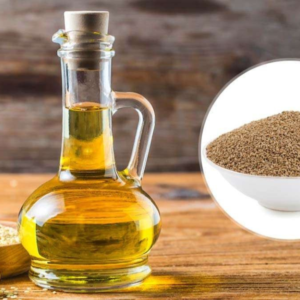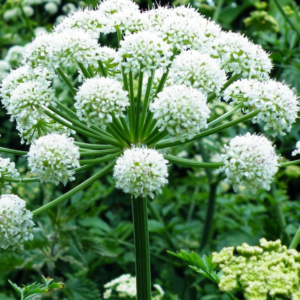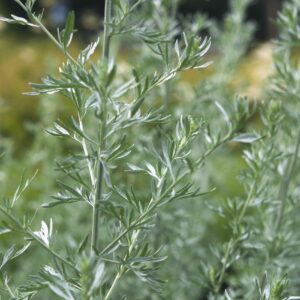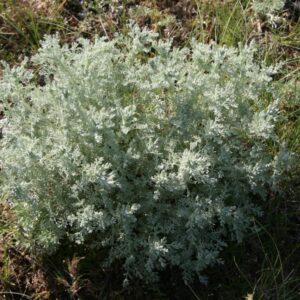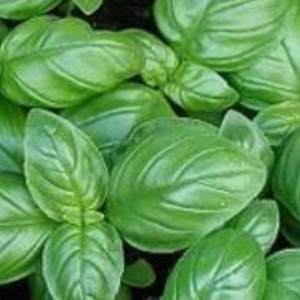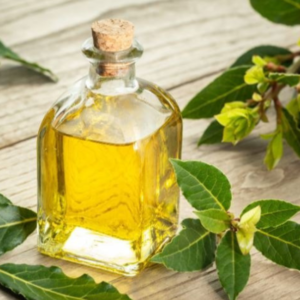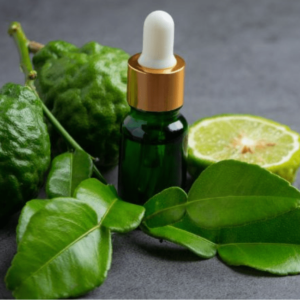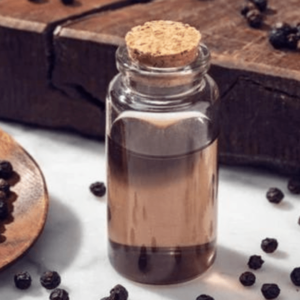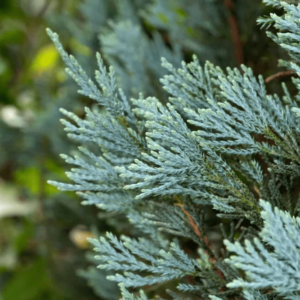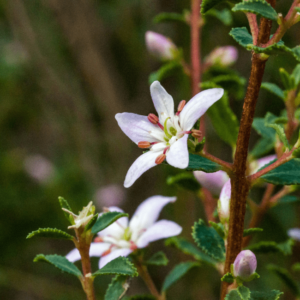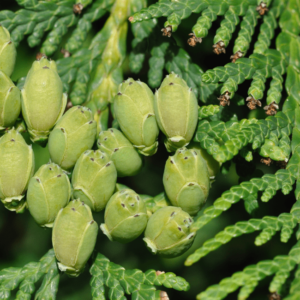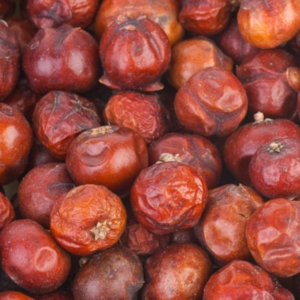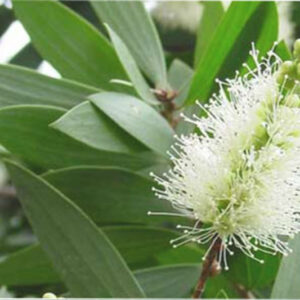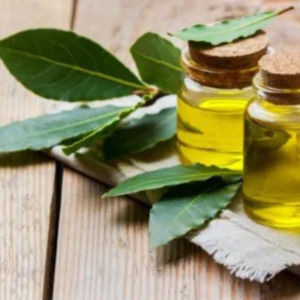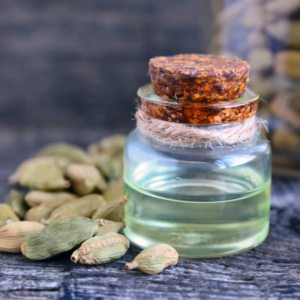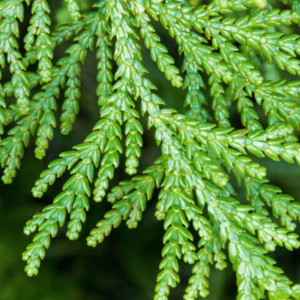Essential Oils
Revealing the Aromatic World of Kanta 100% Pure and Natural Essential Oils
Pure and natural essential oils are nature’s warmth enclosed in tiny, potent bottles. These oils, extracted from plants through various methods, have been used for centuries for their therapeutic, aromatic, and medicinal properties. Let’s delve into the fascinating world of natural essential oils, exploring how they are made, their uses, benefits, and much more.
In addition, we will provide a brief overview of Kanta Enterprises’ unique selling points and what makes its essential oils one of the most preferred choices in the fragrance and flavor industries worldwide. As a leading bulk manufacturer, exporter, and B2B supplier of 100% pure and natural essential oils, we pride ourselves on delivering exceptional quality and purity.
How Essential Oils Are Manufactured
- Extraction Methods: Essential oils are extracted from different parts of plants such as flowers, leaves, stems, bark, and roots. The most common extraction methods include distillation, cold pressing, solvent extraction, and steam extraction.
- Distillation: This traditional method involves passing steam through plant material to extract the essential oil. The steam carrying the oil is then condensed, separating the oil from the water.
- Cold Pressing: Suitable for citrus fruits, this method involves mechanically pressing the fruit rinds to extract the oils.
- Solvent Extraction: Some delicate flowers like jasmine and rose require a more complex extraction process using solvents like hexane.
- Steam Extraction: Similar to distillation but used for more delicate plant parts like flowers. Steam is passed through the plant material, and the resulting steam-oil mixture is condensed to yield the essential oil.
The Uses of Essential Oils
- Aromatherapy: One of the most popular uses of essential oils is in aromatherapy. The inhalation of aromatic compounds can stimulate brain function and promote relaxation, stress relief, and improved mood.
- Skincare: Many essential oils have powerful properties that benefit the skin. They can be found in moisturizers, serums, and other skincare products to address various concerns such as acne, dryness, and aging.
- Massage Therapy: Essential oils are often diluted in carrier oils and used in massage therapy to alleviate muscle tension, promote relaxation, and soothe soreness.
- Cleaning Products: Certain essential oils possess antimicrobial properties, making them ideal for use in natural cleaning products. They can help disinfect surfaces and leave behind a pleasant scent.
- Culinary Purposes: Some essential oils, such as peppermint and lemon, are safe for consumption and are used to add flavor to food and beverages. However, it’s crucial to use them sparingly and ensure they are food-grade oils.
Why Choose Kanta Essential Oils
- Purity Guaranteed: As a B2B bulk manufacturer, exporter, and supplier of essential oils from India, we guarantee that every product is 100% pure, potent, and free from additives, fillers, or synthetic ingredients.
- Sustainable In-House Sourcing: All our raw materials are cultivated and sourced from in-house plantations and farms. At Kanta Enterprises, we follow sustainable farming practices and leverage ethical production methods.
- Quality Certifications: Our products hold prestigious certifications for their purity and potency. As a B2B supplier and exporter of essential oils, we ensure only the highest quality oils for your business and products.
- Secure Packaging: No matter where in the world you are, our global network ensures the safe and efficient delivery of essential oils. Each of our oils is carefully packaged in dark coloured bottles to maintain quality and integrity
We Anticipate Fostering Stronger Business Collaborations
Kanta Enterprises, a globally acknowledged B2B manufacturer, bulk supplier, and exporter of high-quality essential oils, has made a grip on a wide range of industries, including beauty, wellness, and aromatherapy, to name a few. With a steadfast commitment to excellence, we empower businesses across sectors with versatile, quality essential oils to create products that elevate consumer experiences.
Quality, cost-effective pricing, and hassle-free transportation of products are our priorities, as well as our USPs. Our essential oils and carrier oils undergo rigorous testing norms and adhere to quality standards to ensure purity, potency, and safety. Our R&D infrastructure, certifications, specialized team on board, and in-house QC unit have further strengthened the sense of confidence that businesses can place in us.
For businesses that wish to source premium essential oils, Kanta Enterprises stands as a beacon of trust for them. Over the past 60 years, many manufacturers, formulators, B2B businesses, and cosmetic brand owners have shown faith in our 100% pure essential oils. Now it’s your turn to check out how awesome they are!
Drop us an email at info@kantaessentialoils.com or ashish.gupta@kanta-group.com with any questions you’ve got!


